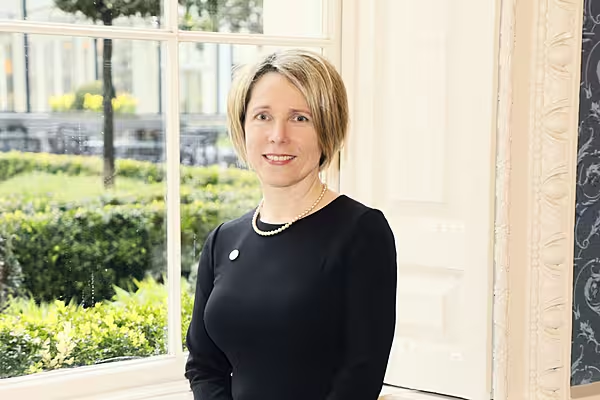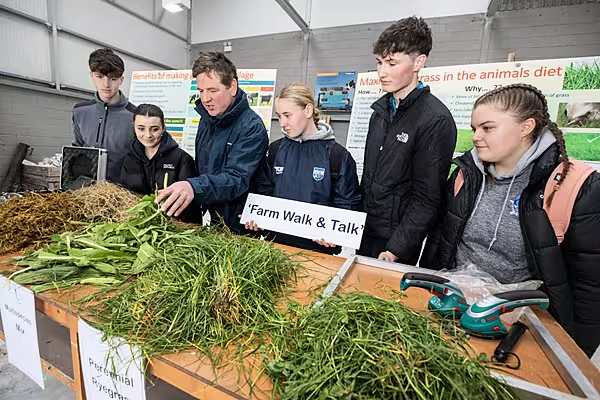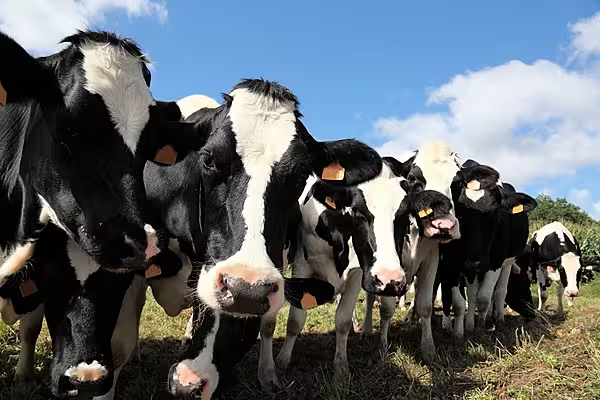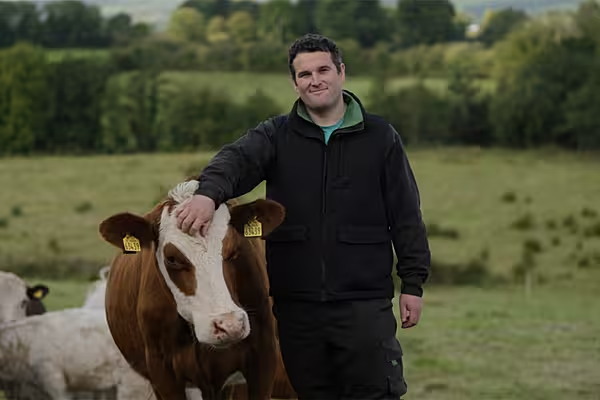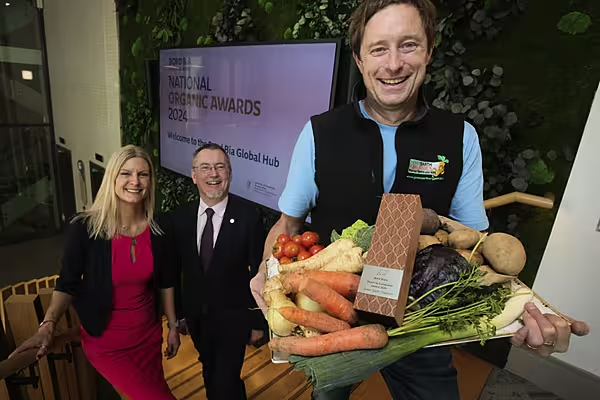Larger retailers, are setting science based or net-zero targets, putting pressure on suppliers to reduce emissions and presenting sustainable suppliers with an opportunity to stand out, research shows.
According to a new survey conducted by Bord Bia, two thirds of trade buyers globally say “having the lowest possible greenhouse gas emissions/carbon footprint” is important when choosing a supplier and sustainability is becoming a key purchasing criteria for trade buyers, along with quality, price and supply.
However, consumers are less focussed on emissions, as it is currently more difficult to link the carbon footprint to the product on-shelf.
Similarly, while agenda setters are very heavily focussed on biodiversity, this issue is not yet on the radar for consumers in terms of making purchasing decisions, the survey shows.
Bord Bia noted that as the sustainability agenda develops and becomes more important, the carbon and biodiversity impact of products will become more important to consumers.
Tara McCarthy, CEO, Bord Bia explained the rationale behind the survey, “In many areas of sustainability, Ireland already has a strong competitive advantage, for example grass-fed production of beef and dairy. In others, such as food waste, this research gives us the opportunity to highlight to our members how that is a key touchstone for consumers in certain key markets and the value of meeting these expectations."
"The best way of encouraging action is to demonstrate how it contributes to the long-term sustainability of the business. This research makes the clear case for businesses to engage in measurable action across a range of sustainability issues,” she added.
'Big Sustainability Topics'
The research indicates we can expect more tipping points in the short to medium-term that will bring increased consumer and trade buyer focus on big sustainability topics.
At present, consumers view food waste and packaging as the most important sustainability issues.
Some 77% indicate that they have made an effort to buy products with less packaging, and 87% indicate that they have made an attempt to reduce food waste in the last 12 months.
According to Bord Bia, for beef and dairy consumers, we see that high animal welfare standards and grass-fed are some of the most important sustainability attributes globally that can command a premium.
Almost 1 in 4 (23%) beef consumers globally say they are willing to pay a premium for grass-fed beef.
© 2021 Checkout – your source for the latest Irish retail news. For more Fresh Produce news, click here. Click sign up to subscribe to Checkout.
